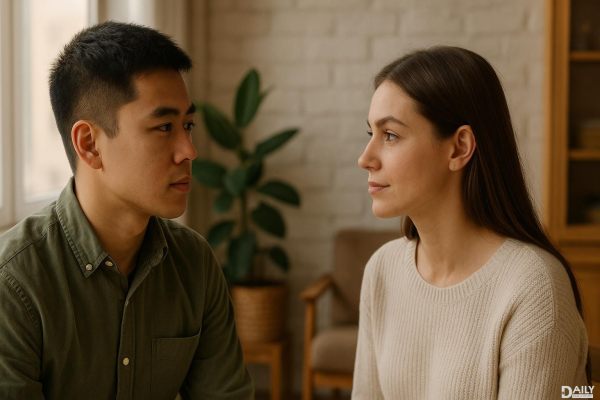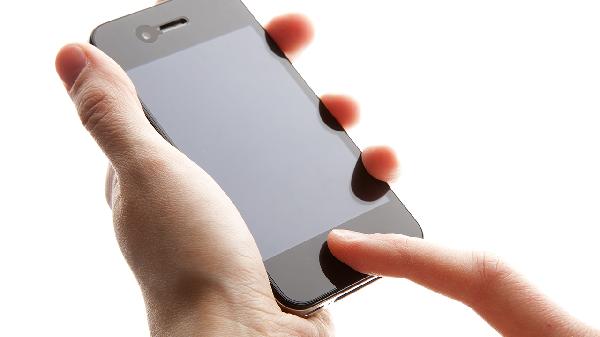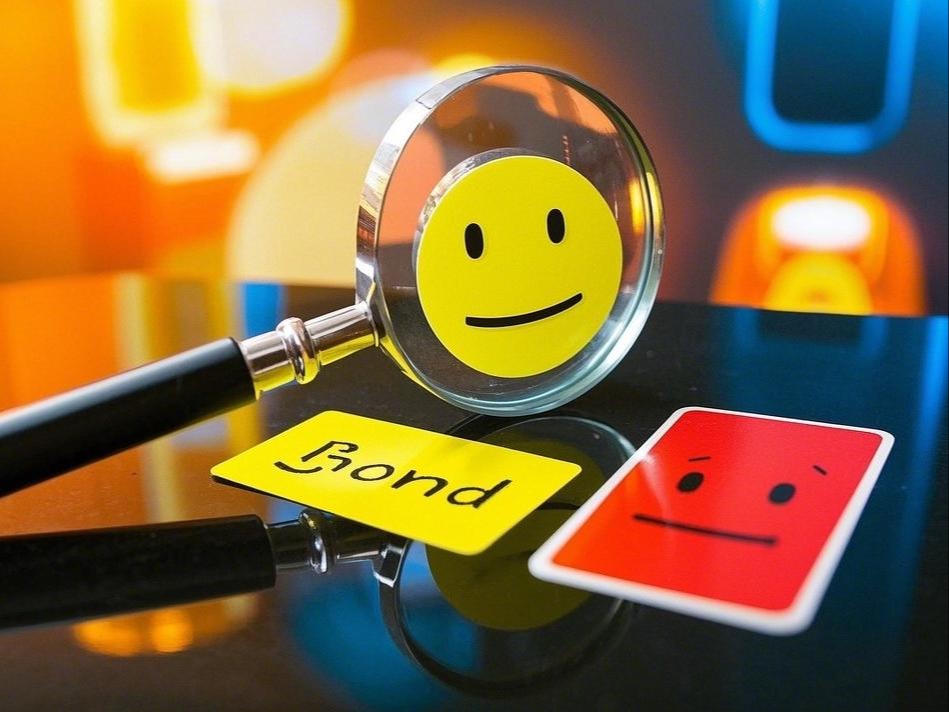Hannah's story is a perfect example of how modern dating is evolving beyond the usual "go with the flow" mentality. Instead of waiting for conflicts to arise or needs to go unmet, she took control by drafting a relationship contract—a simple yet powerful tool that helped her and her partner align their expectations from the start. And she's not alone. More and more people are turning to these agreements to bring clarity, accountability, and even a little fun into their romantic lives. So, what’s the deal with relationship contracts, and could they work for you? Let’s break it down.
The Rise of Relationship Contracts
Relationship contracts aren’t exactly new, but they’ve gained serious traction in recent years, especially among millennials and Gen Z. Social media has played a huge role in normalizing them, with TikTok flooded with videos of couples sharing their personalized agreements. Some might dismiss them as overly formal or unnecessary, but for many, they’re just a structured way to ensure both partners are on the same page. Think of it like setting ground rules before starting a game—it keeps things fair and avoids unnecessary drama down the line.
Dr. Molly Burrets, a licensed clinical psychologist, explains that these contracts are essentially mutual agreements that outline what each person expects from the relationship. They’re not legally binding (so no, you can’t sue your partner for breaking date night), but they serve as a reference point for communication and accountability. Whether it’s defining boundaries in an open relationship or just making sure both people prioritize quality time, a relationship contract can be tailored to fit any dynamic.
Why Consider a Relationship Contract?
For some, the idea of drafting a contract with a romantic partner might feel a little too business-like. But for others, it’s a game-changer. Take Jade, for example—her open relationship benefited from clear guidelines that both she and her partner could revisit whenever needed. Instead of guessing or assuming, they had a written agreement that evolved with them. This kind of intentionality can be especially helpful for people with specific needs, like trauma survivors or those in non-traditional relationships.
Another major perk? Conflict prevention. By outlining deal breakers and expectations upfront, couples can avoid misunderstandings before they escalate. Hannah’s approach—having each partner create their own contract separately—ensured that their nonnegotiables were truly personal and not influenced by compromise. This level of self-awareness can strengthen a relationship by fostering mutual respect and understanding.
What Goes Into a Relationship Contract?
The beauty of these agreements is that there’s no one-size-fits-all template. Some couples focus on emotional needs, like how often they check in or how they handle arguments. Others might include practical details, like chore divisions or financial boundaries. Dr. Burrets notes that common topics include exclusivity agreements, communication styles, and even how much alone time each person requires.
For Hannah, her contract included everything from supporting each other’s hobbies to prioritizing active weekends over lazy ones. Meanwhile, Jade’s agreement centered on the rules of their open relationship—what was allowed, what wasn’t, and how they’d navigate jealousy if it arose. The key is customization. A relationship contract should reflect the unique dynamics and values of the people involved, not some generic checklist.
Making It Work (Without Killing the Romance)
One of the biggest misconceptions about relationship contracts is that they suck the spontaneity out of love. But as Hannah puts it, "Ours is actually fun." Instead of feeling restrictive, her contract became a way to celebrate their compatibility and keep their connection strong. Plus, revisiting and updating the agreement can be a bonding experience—like an annual "state of the union" for your relationship.
Of course, not every couple will vibe with this approach. Some might find it too rigid, and that’s okay. The goal isn’t to force a contract where it doesn’t fit but to encourage open, honest conversations about needs and expectations. Whether you jot things down formally or just have a heartfelt chat over coffee, the underlying principle is the same: clarity breeds healthier, happier relationships.
At the end of the day, relationship contracts are just another tool in the modern dating toolbox. They won’t magically fix every issue, but for those who thrive on structure and communication, they can be a total game-changer. So, if you’ve ever felt like your needs weren’t being met or wished for more transparency in your relationship, maybe it’s time to take a page from Hannah’s book—literally.
























